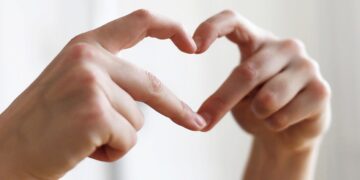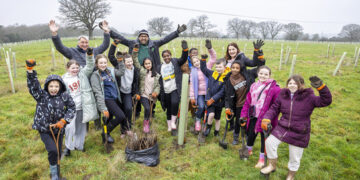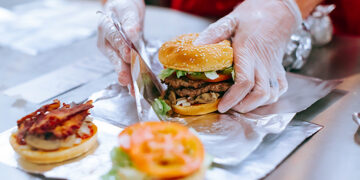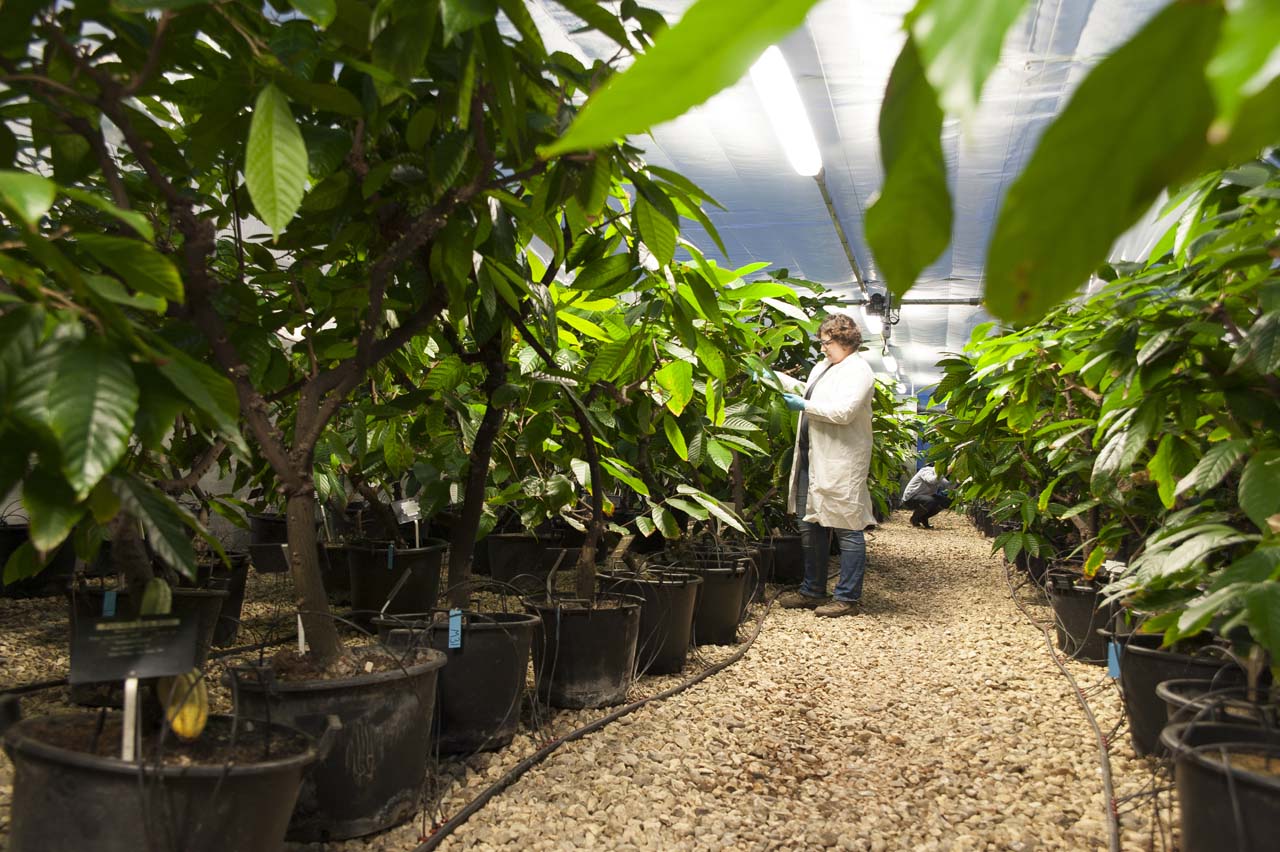WHEN you get a decent box of chocolates, you want to keep it to yourself – we know of one famous face who has a secret stash that he tries, in vain, to hide from his family.
But for the team at a specialist research centre in Earley, well, they’ve got to keep away from everyone.
The University of Reading operates an International Cocoa Quarantine Centre, which handles an amazing 98% of all international trade in live cocoa plant material.
This quarantine is important, not because they don’t want anyone spilling the cocoa beans, but they don’t want pests and diseases to spread from one cocoa-growing region to another.
For example, accidentally importing a South American disease to an African growing region, could cause a diplomatic incident to a crop which is a mainstay of agricultural income in some countries.
So when the coronavirus pandemic hit and companies everywhere started to keep a distance, it was business as usual for the team at the centre.
Just why is it based in Earley? Well, the colder Berkshire climate means that the plants are less at risk from UK-based diseases, and vice versa.
The centre sees scientists aim to breed varieties with useful traits, such as high yield potential or disease resistance, which will be of benefit globally to breeders and growers – just without the risk of spreading cocoa plant infections.
Dr Andrew Daymond, senior research fellow at the University of Reading, says: “As soon as a possible shutdown for Covid-19 looked likely, we ensured that our own quarantine-within-a-quarantine could continue.
“Our two technicians, Stella Poole and Heidi Canning, continue to maintain the facilities on a daily basis, maintaining social distancing and other safety measures.”
The centre operates by looking after particular varieties of cocoa from genebanks for a two-year quarantine period.
Cuttings are initially grafted on to seedlings and kept isolated initially in insect-proof cages and monitored over the quarantine period, looking for viruses as well as pests.
Once a particular plant has completed quarantine it is moved to a separate post-quarantine greenhouse compartment, from where the University is able to export cuttings to research institutes worldwide, in response to requests.
Dr Daymond says: “Cocoa faces various diseases in different parts of the tropics.
“Many of these are confined to particular parts of the world, such as some viral diseases that are found in West Africa, where most of the global supply of cocoa comes from.
“Because of this, it is vital that any movement of cocoa plant varieties for research, breeding and cultivation is done via the International Cocoa Quarantine Centre in order to prevent disease pandemics.”
He added: “It’s crucial for chocolate lovers and farmers alike that we continue to protect cocoa farming from further spread of these diseases, and help breeders to develop and access more disease-resistant varieties of cocoa.”
For that, chocolate lovers can rejoice.














































